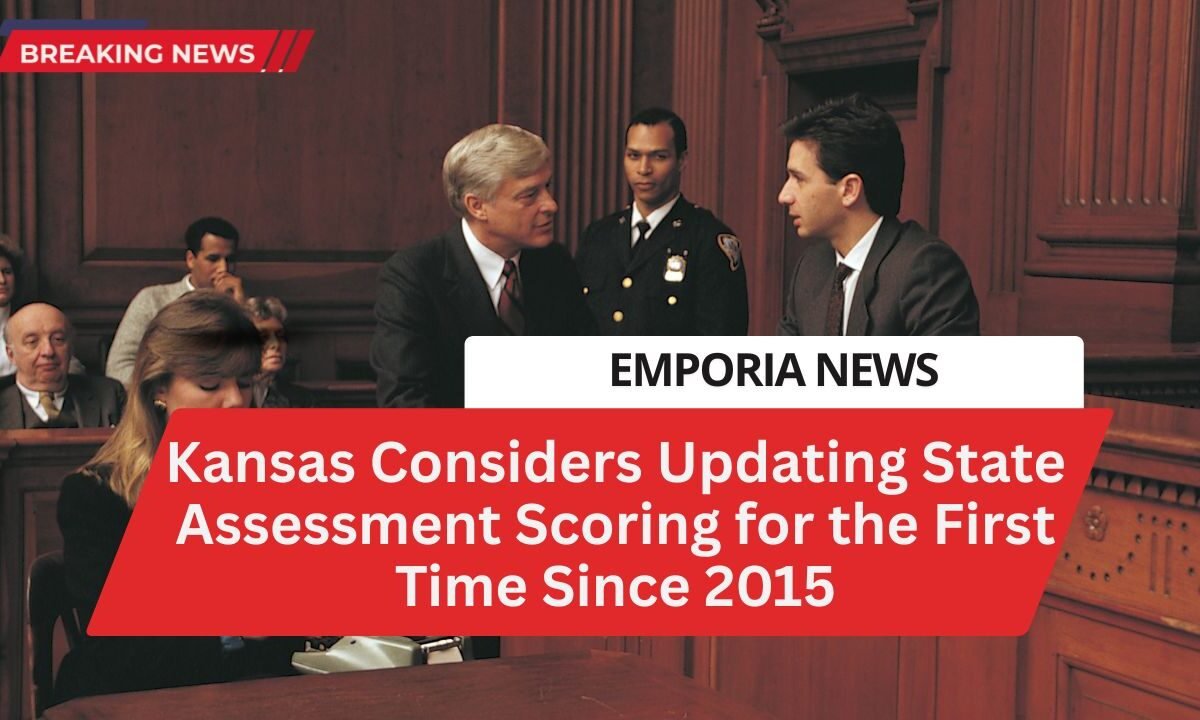The Kansas Board of Education is reviewing a proposal to revise the state assessment scoring system for the first time in nearly a decade.
The current scoring model, unchanged since 2015, categorizes student achievement into four performance levels, with levels three and four indicating college readiness.
However, some state education officials and teachers argue that the current system undervalues students’ actual performance, particularly those scoring at the upper end of level two.
Concerns Over Current Assessment Model
The existing scale has drawn criticism for inaccurately representing students’ capabilities. Educators have voiced concerns that students classified as level two often demonstrate academic skills more aligned with level three — which qualifies as college-ready.
According to Denise Kahler, Communications Director for the Kansas Department of Education (KSDE), the discrepancy has led to a need for greater alignment between assessment outcomes and actual student performance.
“Upper level two students were acting more like level three students in terms of performance,” Kahler explained. “We worked hard to address this and improve the accuracy of student categorization.”
New Scoring Scale: 400–700 Range
Under the proposed assessment model, students would be scored on a 400 to 700 scale. A score of 540 or higher would classify a student as college-ready.
This updated scale is intended to provide a more precise measurement of academic readiness and allow districts to better evaluate individual student outcomes.
When Will the New Scores Be Implemented?
If approved, the revised scoring system will be applied to Kansas state assessments starting in spring 2025. The goal is to ensure the evaluation process is more equitable, data-driven, and aligned with real-world performance expectations.
The Kansas Board of Education is actively working to modernize its student assessment framework to ensure a more accurate reflection of academic ability.
The new scoring proposal, which introduces a scaled range and updated benchmarks for college readiness, is seen as a necessary update to support students and educators alike.
With implementation targeted for spring 2025, the move could significantly impact how Kansas measures student success.




